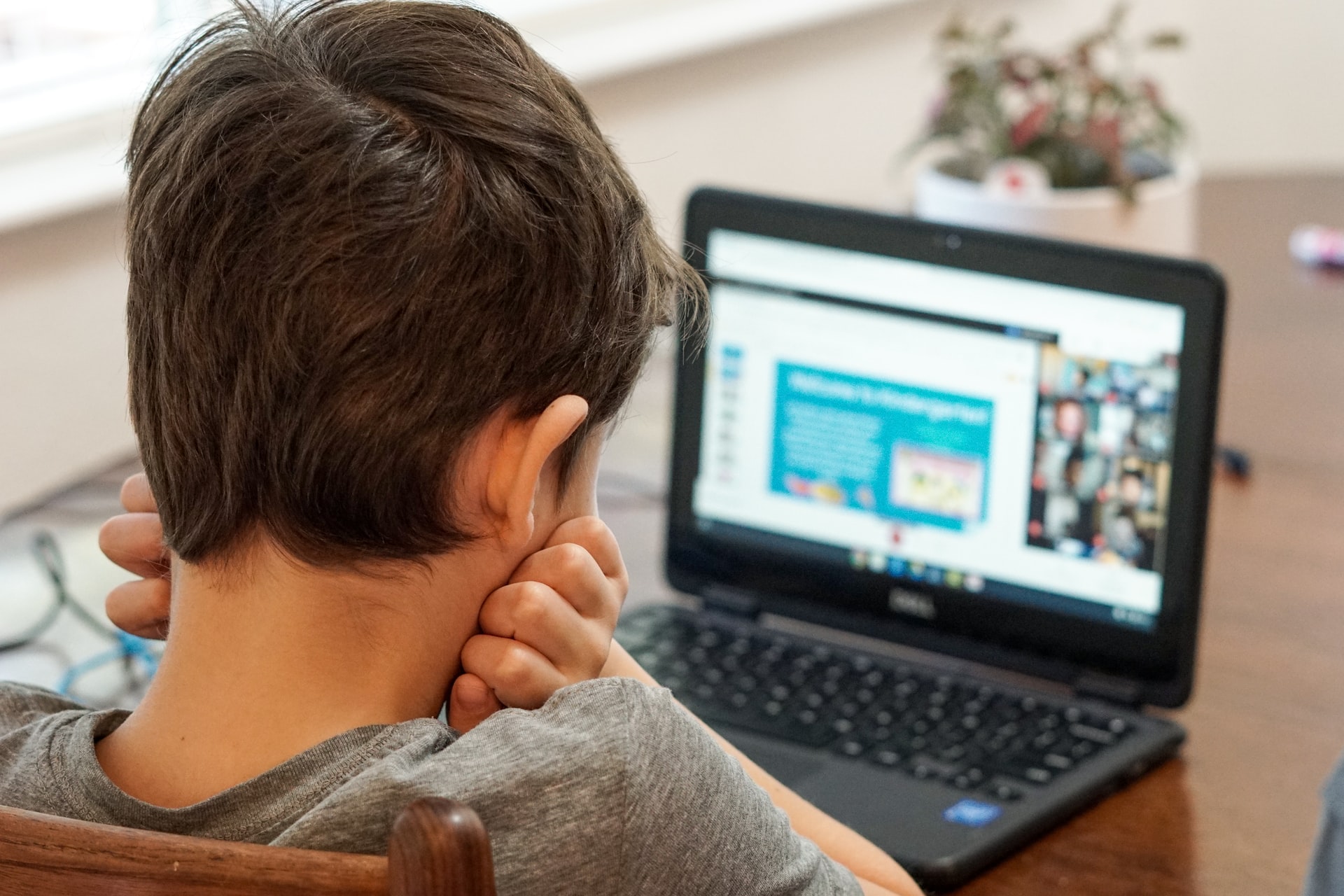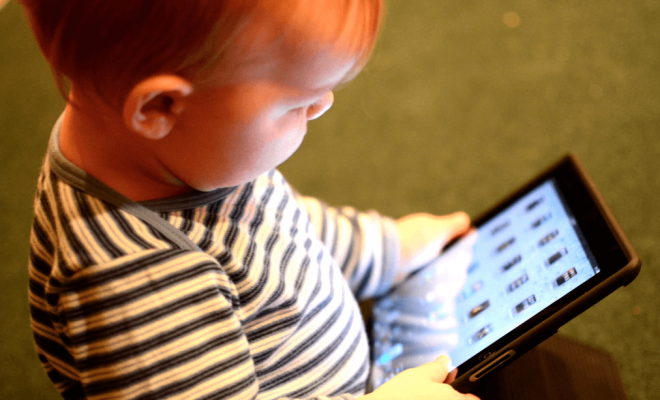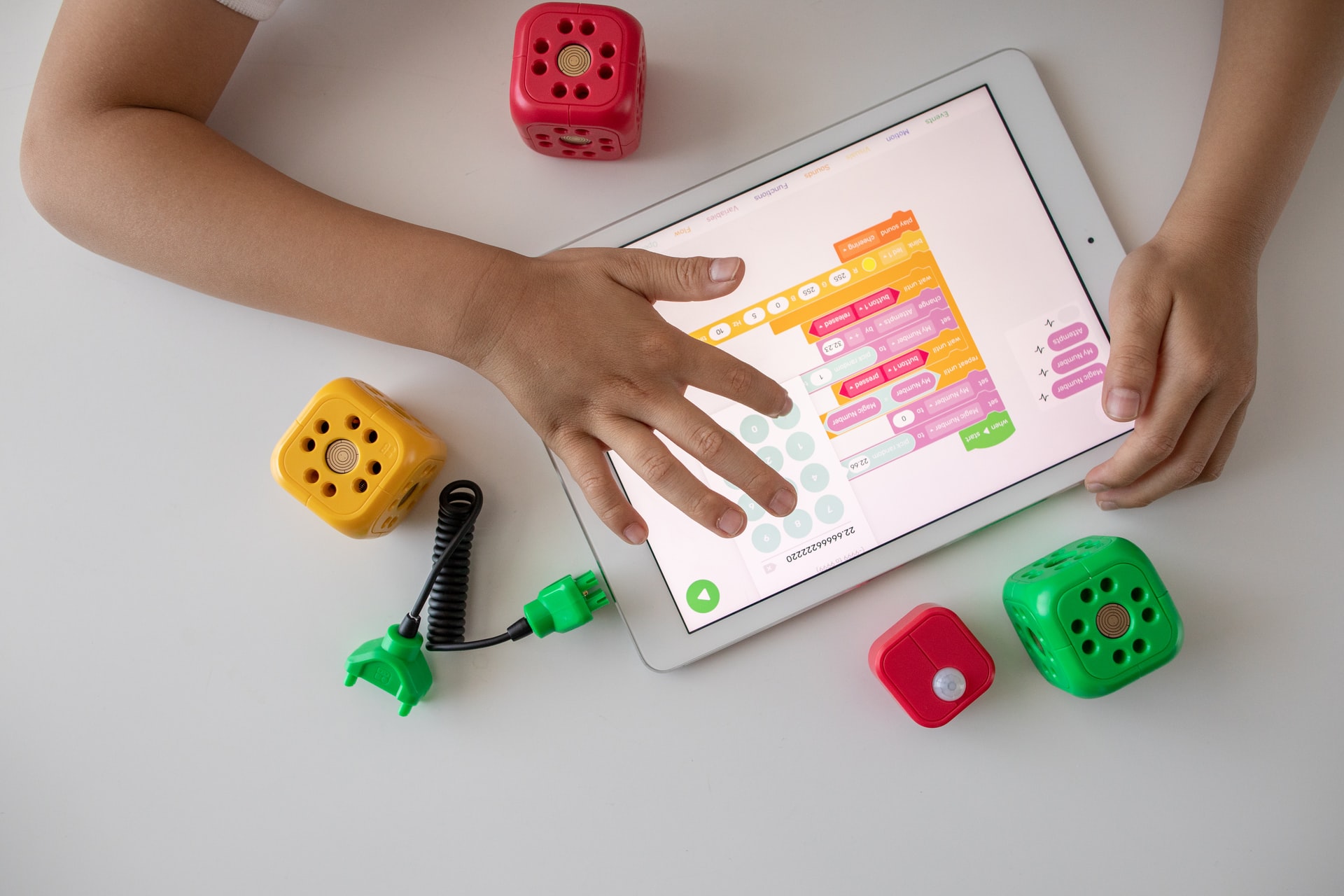Developmental Milestones: Age 13

Your youngster has officially entered the adolescent years. Most parents hate this time of year because they connect teenagers with angst and moodiness. While some of this is undoubtedly correct, parents should be aware of what to expect in every aspect of their child’s growth. Do you know what your thirteen-year-old is up to this year?
You should be able to identify how your child is developing in contrast to classmates using these standards. This allows you to provide further assistance or address issues with their pediatrician. Every adolescent develops at a different rate, so don’t be concerned if your child lags in some areas. They will most likely catch up to their peers in the next years.
Development of Social and Emotional Skills
By the adolescent years, your child wishes to be as self-sufficient as possible. They may plead for more liberties while still being immature in general. Their emotions are volatile, and mood swings can be extreme. Parents are frequently desperate for the hormones to settle down so that their family may return to routine.
You may assist your youngster in managing these mood fluctuations by teaching them stress management skills. Many children will require more age-appropriate positive coping strategies, such as exercise, music, or reading.
Pay close attention to your child’s moods in general. A persistently low mood or melancholy feeling could be a symptom of a larger problem. It’s critical to bring these concerns to your child’s pediatrician’s notice as soon as possible.
Friendships continue to be important to your thirteen-year-old. Peers can often have an impact on your child’s ability to make their own decisions, which can be positive or harmful. Teach your youngster about the pitfalls of peer pressure from an early age to avoid certain undesirable circumstances.
Development of the Mind
At this point, your child should be able to have a reasonable discourse about their feelings. Adolescents, unlike younger children, may often communicate their feelings verbally rather than acting on them. They will continue to grow in their ability to think in more complex ways, and their morals will mature.
Physical Growth and Development
The adolescent years have come, which means your child is most certainly amid puberty. Your child is likely to experience a significant growth spurt, which may cause them to be self-conscious about their size. Reassure them that this is a regular procedure. Knowing that they are developing properly might have a significant impact on their self-esteem. Keep in mind that your child’s self-esteem is still developing and fluctuating during this period.
Parents frequently struggle to navigate the choppy waters of adolescence. During these years, make every effort to maintain the channels of communication open with your child. Even if they try to push you away, you can develop a close bond with your thirteen-year-old.
Enjoy the quiet and sweet moments you still have with your early adolescence. They require your time, attention, and affection now more than ever. You have the potential to bestow the finest gift on them by increasing their self-esteem and confidence.






